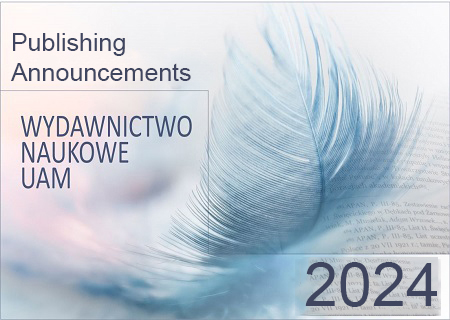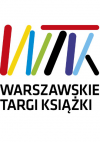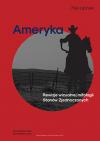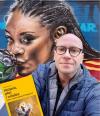Agnieszka Gromkowska-Melosik, Eugenia Karcz-Taranowicz, Witold Żłobicki (ed.) „Education and culture. Diversity of perspectives and interpretations”

Turning points resulting from profound cultural changes and existential threats bring with them the question of the status of science in general and pedagogy in particular. The watershed moments in the development of the modern world intensify the demand for scientifically reliable knowledge about education in the broadest sense. However, the process of creating, collecting and systematising this knowledge still proceeds in a way that is far from the established and unified rules for pursuing science. Although education, with all the richness of its forms and processes, is increasingly the subject of research, the lack of a theoretical and methodological basis for it is clear, which could be a separate scientific discipline with not only its own subject of research but also its own issues, its own system of concepts, and therefore language, its own rules for constructing knowledge about education. While many education researchers recognise the scientific autonomy of pedagogy, there also exists a powerful view that research on education can only be exhaustively carried out by such scientific disciplines as psychology, sociology, history or philosophy, developed earlier and now fully mature.
Every change, including those in the field of education, has particular potential for development and progress. The public discourse accompanying the introduced changes may serve to release this potential, since it becomes a space and context for dialogues about the changes introduced. Such a view of education prompts several questions relating to what is happening in educational practice and Polish pedagogical thought.
The discourse on education research and its problems was the subject of the National Pedagogical Congress held in Poznań from 20-22 September 2022 and titled “Crisis moments. Building a better world within ourselves and between us". The congress continued the beautiful and long tradition of organising scientific meetings in the Polish pedagogical community. The result of the work done in thematically diverse sections is several joint-authored publications, including this volume, which reflects the multidimensional, theoretical and practical character of the congress discussions. Here we clarify the relationships between theory and practice, between the regularities established as a result of theoretical analyses and empirical research that describe educational reality and the actions that transform them. The relationships in question can be regarded as the influence of theory on practice or the influence of diagnosed states of practice on theory.
In this volume, we deal with diverse narratives and various forms of interpreting phenomena related to education and culture. The content has interdisciplinary, philosophical, artistic, but also pragmatic qualities. Alongside the questions of how and what to research are fundamental questions: What is and what should education, culture and art be? In this way, the discussions contained in the monograph themselves become part of the space and contexts of education in the broadest sense.
The problems identified and the questions posed are reflected in the texts that make up the book. It is divided into two parts: Part One is devoted to theoretical contexts and Part Two to research reports. Thus, the postulate of complementarity of science built both on presenting the results of theoretically justified research and on review studies presenting individual views, positions and approaches outlining the panorama of problems of contemporary pedagogy and other socio-humanities disciplines seems to be fulfilled.
The 14 articles complement each other in terms of their content related to the research questions posed. It should be noted, however, that the material assembled here does not claim to be systematised knowledge on education. It is primarily a presentation of views from representatives of different pedagogical and philosophical orientations, a cognitively interesting platform for exchanging views, one that might inspire academics to conduct their own research.










